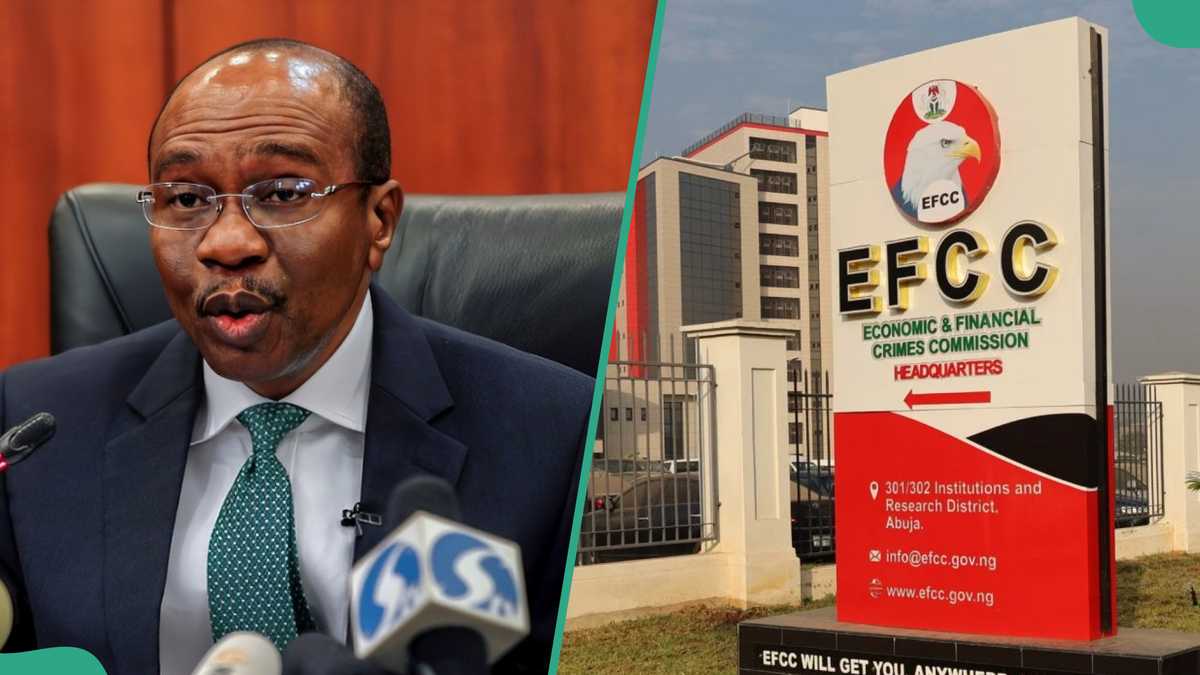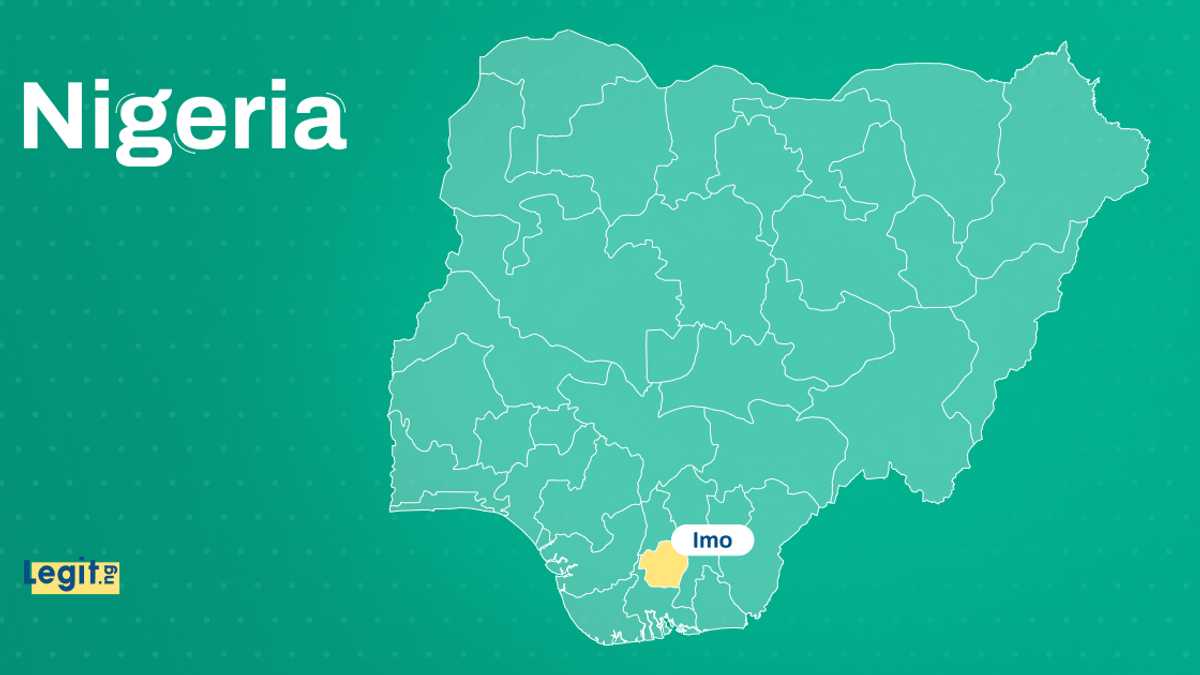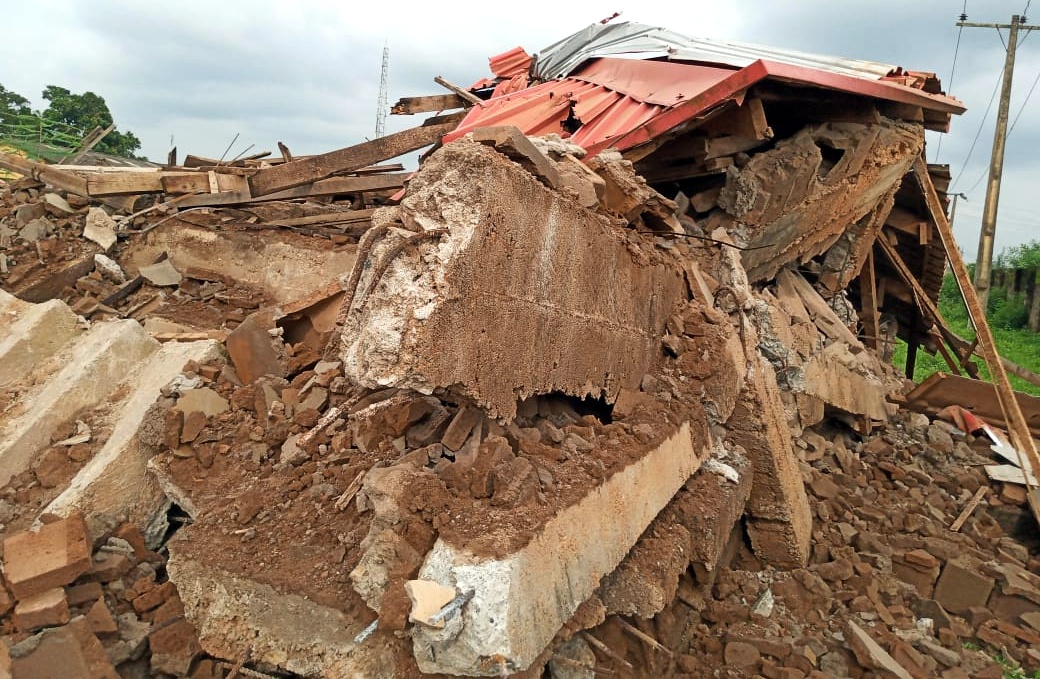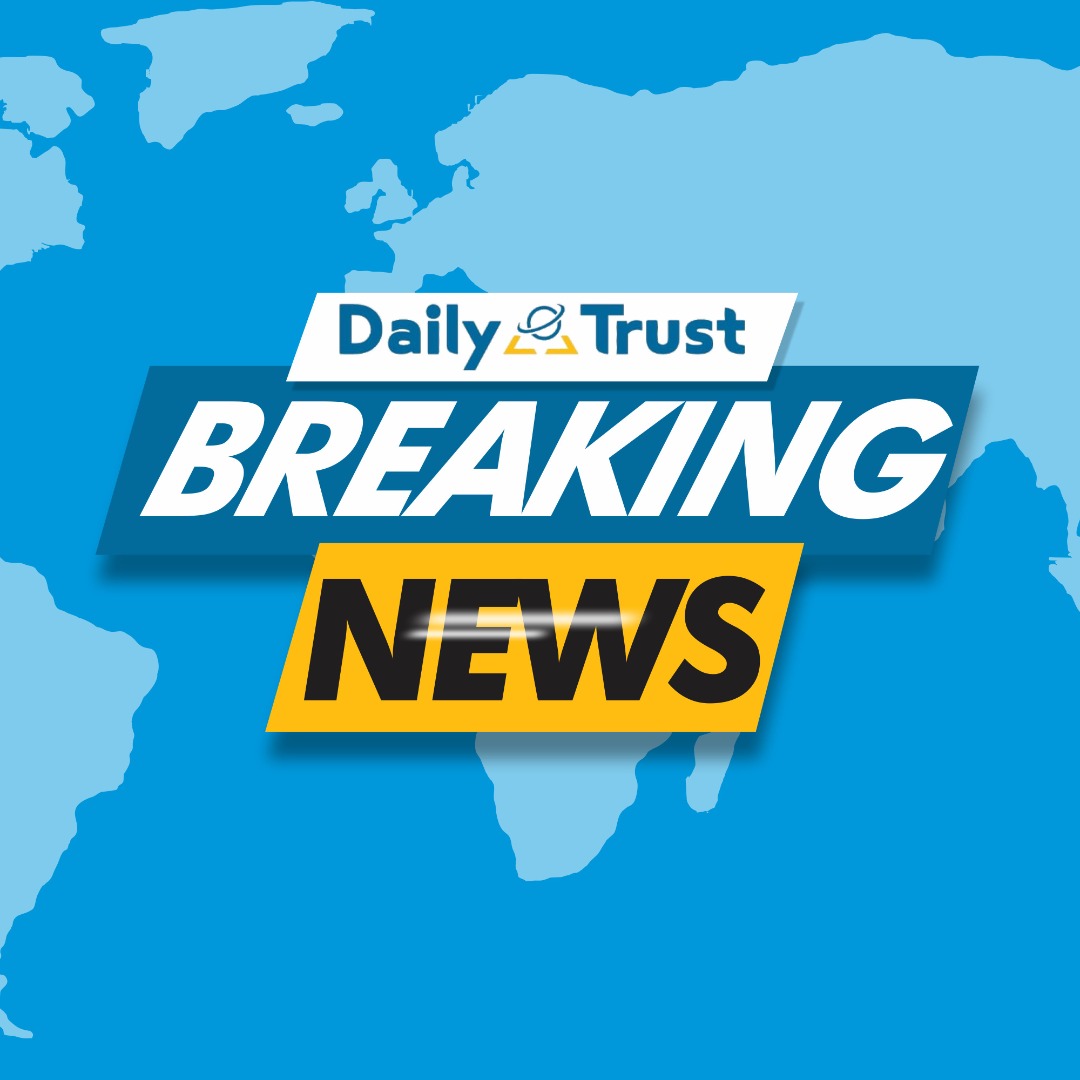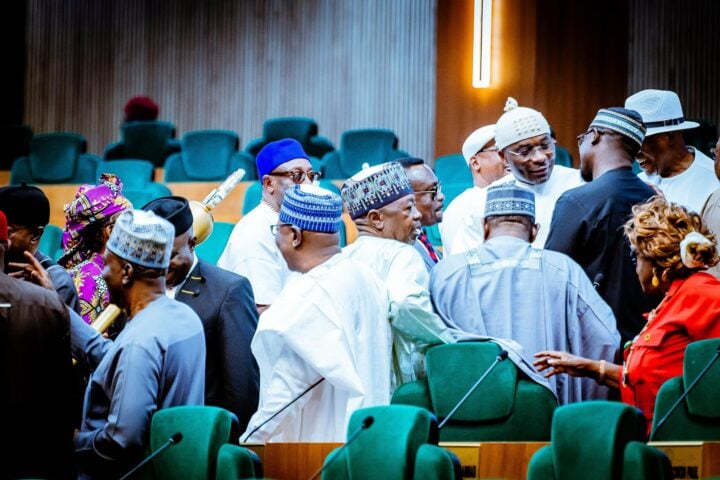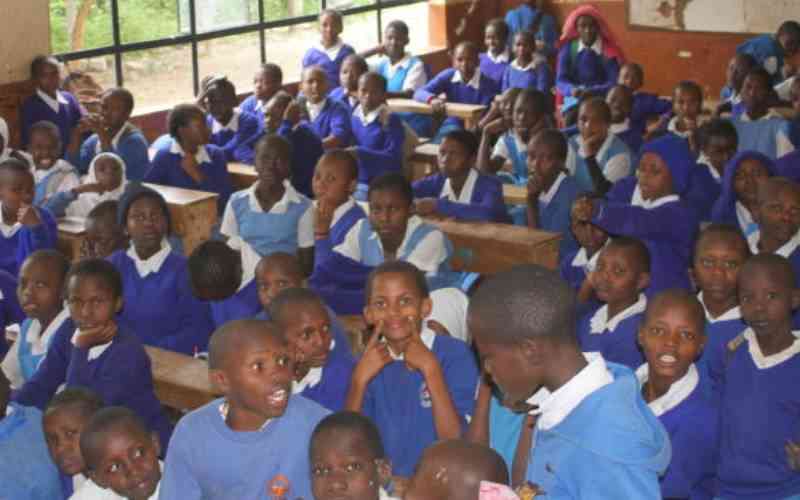U.S. Hotel Industry Records RevPAR Growth Driven By Triple-Digit Gains In College Towns Such As Blacksburg Binghamton And Champaign-Urbana Amid National Graduation Travel Surge
Tuesday, May 27, 2025

The U.S. hotel industry recorded a quantifiable growth in revenue per available room (RevPAR) this week, driven largely by a steep jump in graduation-related travel. College towns like Blacksburg, Binghamton, and Champaign-Urbana achieved triple-digit RevPAR increases as families and graduates convened to attend in-person ceremonies across the nation. Early-week results were soft, but intense weekend demand, fueled by university commencements, delivered a boost to overall figures and demonstrated the profound influence of seasonal academic activity on targeted hospitality markets.
U.S. hotel performance improved modestly over the past week, with national revenue per available room (RevPAR) rising by 0.9%.The rise occurred even after a sluggish beginning to the week, primarily fueled by strong demand over the weekend. Graduation ceremonies at high schools and universities across the country likely fueled this uptick in demand, with families traveling for celebratory events.
Hotels across the country experienced varied performance depending on their market size and geographic location. Non-top 25 markets outperformed their larger counterparts, signaling a shift in traveler preferences toward smaller cities and regional destinations.
While hotels in the top 25 U.S. markets recorded a 0.4% decline in RevPAR, secondary markets saw a significant 2.2% increase. This performance divergence suggests that smaller cities continue to attract travelers seeking less crowded environments or those attending localized events. Destinations such as Detroit, Chicago, Los Angeles, and San Diego reported notable revenue growth. In contrast, Las Vegas and Atlanta experienced drops in hotel revenue, possibly due to fluctuating demand patterns and heightened competition.
College towns and secondary cities benefited the most from the seasonal graduation spike. Educational hubs like Blacksburg, Binghamton, and Champaign-Urbana saw RevPAR jump by more than 100%, with local hotels operating near or at full capacity during the graduation weekend. The influx of families, students, and alumni created a concentrated surge in overnight stays, contributing heavily to weekly performance gains in these markets.
This pattern highlights the outsized impact that seasonal academic events can have on regional lodging performance. As universities continue to hold in-person ceremonies, these smaller cities will likely see sustained short-term boosts during academic milestones.
Group bookings, particularly in the Luxury and Upper Upscale segments, fell by 3.2% during the same period. This decline aligns with a growing preference for individual travel during graduation season. Many travelers prioritized family gatherings and leisure stays over group meetings and events.
At the same time, transient demand rose by 1.4%, indicating a stable base of individual business and leisure travelers. This rise in independent travel helped balance out the softness in group bookings and stabilized revenue trends in several urban and regional markets.
Hotels targeting individual travelers benefited from this shift by maintaining flexible pricing strategies and offering tailored experiences suited for families and solo guests. The rebound in transient demand has provided a buffer against fluctuating group travel activity in a changing economic landscape.
Outside the U.S., global hotel RevPAR increased by 3.2% year-over-year, though occupancy declined by 1.2 percentage points. Several international destinations recorded strong RevPAR performance, including Japan, Mexico, France, Spain, and Canada. These countries experienced healthy travel activity supported by improved airline connectivity, holiday travel, and domestic tourism programs.
However, the global recovery remains uneven. Major economies such as China, Germany, and India saw RevPAR drop by over 10%, reflecting a mix of economic headwinds, regional travel restrictions, and slower business travel demand.
Hotels in these regions face challenges from inflationary pressures, shifting traveler behavior, and evolving policy environments. Local operators must continue adapting their strategies to maintain occupancy and protect yields.
With summer on the horizon, indicators suggest a mixed outlook for the travel season, as advance bookings for domestic trips in the U.S. reflect traveler hesitation amid concerns over rising expenses and economic instability. Despite this, forecasts from industry groups indicate a potential record-setting Memorial Day travel period, driven by pent-up demand and increased mobility.
If current trends hold, hotels may see strong weekend demand persist through early summer, even if midweek bookings remain flat. Properties in drive-to destinations, national park gateways, and coastal towns are particularly well-positioned to capitalize on the seasonal spike.
Meanwhile, U.S. outbound international travel continues to rise. More Americans are exploring overseas destinations, encouraged by relaxed entry requirements in key markets. However, a weakening U.S. dollar could curb the appeal of international travel in the coming months by raising travel costs for U.S.-based tourists.
Simultaneously, international arrivals to the United States have declined, likely influenced by global economic challenges, restrictive policies, and intensified tourism promotion efforts by other destinations.
This decline may benefit regions outside the U.S. as travelers redirect their plans to alternative destinations offering competitive pricing and accessibility.
Overall, the hospitality industry continues to adapt to evolving demand drivers. In the U.S., graduation season, transient travel, and flexible pricing strategies support short-term gains in RevPAR. Smaller markets demonstrate their potential to outperform major urban centers when they successfully attract event-based or leisure-driven demand.
Globally, performance remains uneven. Regional variations in traveler behavior, economic resilience, and border openness create opportunities and challenges for hotel operators. As hotels navigate these complexities, flexible business models and dynamic marketing will remain essential.
The U.S. hotel industry saw RevPAR growth this week, driven by a surge in graduation-related travel that led to triple-digit gains in college towns like Blacksburg, Binghamton, and Champaign-Urbana. These spikes came as families and visitors gathered for nationwide commencement ceremonies, boosting weekend bookings significantly.
Looking ahead, hotels must stay alert to changes in travel intent, foreign exchange volatility, and shifting market demand to maximize their summer performance and drive sustainable growth through the remainder of 2025.

